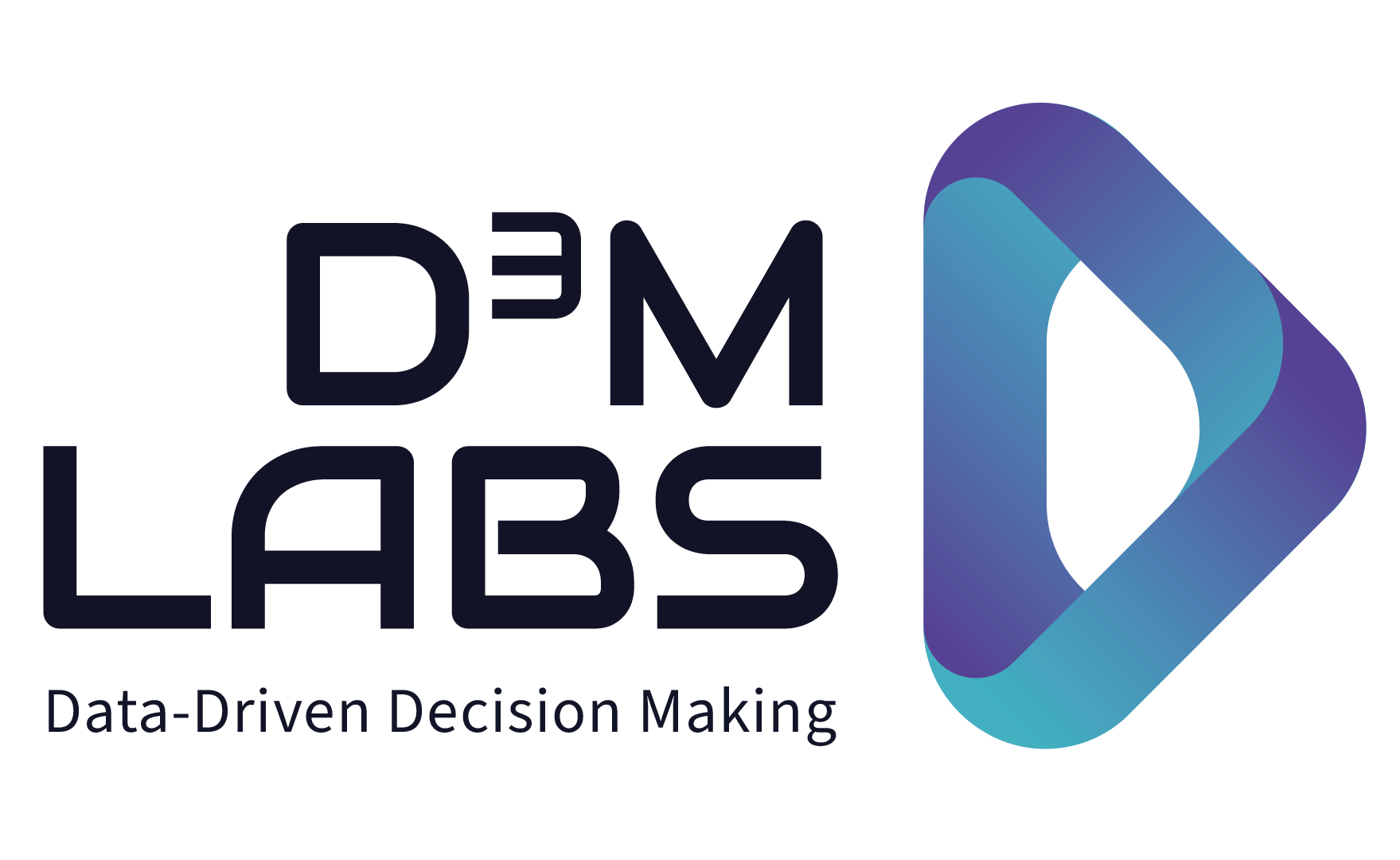What attracted you to management consulting?
My background is in industrial engineering and management. I got my Bachelors Degree in Industrial Engineering and Management from Porto University in Portugal and did my masters in Data and Analytics in both Portugal and Sweden. On one hand, I felt data analytics was interesting and the right career path. On the other hand when I was working as a practitioner in data analytics and data science, I felt that I was not driving business impact.
Immersion was the only way to understand the business world, from my point of view. What better way to immerse myself in the business world than to join a management consultancy?
What do management consultants do?
In management consulting, there are three main workstreams.
- Deriving the insights from data, which is quantitative.
- Gathering qualitative input from industry experts, who could be clients or experts in the field.
- Connecting the dots and delivering storylines and recommendations.
What attracted you back to data?
The first point above was what I enjoyed the most.
When I was working in strategy consulting, I was working on a wide range of projects across different industries. Through some of the projects I worked on, I realized that my passion was data and analytics. I wanted to work on it 100%, not 25%
I also saw a lot of untapped potential in data and analytics.
Companies seemed to be struggling with what Brent Dykes called the last mile in the analytics marathon.
Were there any projects in particular where you saw untapped potential?
A big hotel chain and a large telecom player within digital marketing. In these projects, I saw the gap between business and data teams who were very much disconnected and had short-comings in terms of collaboration. There was so much investment into the data foundations and setting up the reporting, ingesting, and managing data. When I asked what the actual outcome that the data was having, I felt there was short-comings compared to the investment these companies were making building the foundations.
What is diagnostic analytics and why are you interested in this part of analytics in particular?
Diagnostic analytics explains WHY certain things happened. One specific example might be answering why a key business metric like revenue is down last week.
Knowing the why, understanding the root cause, is the key to driving more business value with data. The root cause and how to change something is the real way to create business impact.
When I was contemplating which role I wanted to have in the analytics role. When I came across Kausa, I thought that I could have a bigger impact in the analytics world at a vendor than as an analytics practitioner, meaning creating analytical output at an end user organization.
What can diagnostic analytics add to an existing analytics team?
Most organizations are stuck in the what or just describing the usual subjects, meaning linking changes in the metrics and connecting those events to 2-3 key drivers that the business is already aware of.
As a result, they are only testing already existing hypotheses, introducing significant bias and not uncovering any real insight.
What do you mean by real insight?
Describing what is happening is informative, but not insightful. So a real insight goes beyond the what to cover the WHY and the SO WHAT?
An insight goes beyond finding something interesting in the data. People confuse insights with observations.
Real insights need to respect three criteria:
- A shift in understanding. Not just pointing out an observation, but also the reason behind it.
- An unexpected reason, something that is not expected, but adds a new element into a business process or metric.
- Aligns with business goals and top priorities. In short it is relevant.
You talk a lot about elevating data analysts on LinkedIn. Why is this topic so close to your heart?
Ther are two main reasons.
Data analysts can uncover the real business value that is untapped by finding real insights. For this to happen, the role needs to be elevated so that data analysts can become trusted advisors powered by data.
An elevated, empowered data analyst with good business skills can drive more impact than what we are currently seeing.
As a management consultant, I was empowered to drive more business impact than I was as a data practitioner. The ill-defined nature of most analyst roles are blocking real impact.
What background should data analysts have, if they are the vessels of business impact and why?
Business, but it depends on the dataa maturity of the organization.
I think nowadays what is holding back analytics is soft skills and not hard skills. Soft skills meaning business and domain skills, storytelling, etc.
Is business a soft skill?
Understanding digital marketing and marketing funnels is a hard skill, but having empathy, connecting all the dots and communication skills are soft skills. Usually people with business background develop these soft skills more effectively
What do you think about low code and no code and the impact on the data analyst role?
I think these tools can enable data analysts to focus more on the business side of things, spending more time with the business stakeholders, spending more time developing business expertise. These tools can also enable people with less technical skills to drive business impact through data analytics. People with high business acumen might be able to drive lots of insights, but cannot code.
Analysts with high business expertise have huge potential for business impact. Often people with business expertise have a high level of data literacy and excellent communication skills, but low technical, meaning coding, skills.
What is the difference between data literacy and technical skills?
Data literacy is the ability to read, understand, create and communicate data insights.
Technical skills are in general coding skills that enable people to work with data in its raw form.
Do you think that analysts could also work in business functions and go into general management / functional management?
Yes, definitely. Especially if the analyst focuses on one domain such as marketing or product, I can see them becoming a business leader in that domain.
The experience as an analyst can actually make them better decision makers in the future.
What is one high impact diagnostic analytics use case that sticks out to you?
Digital marketing, optimizing marketing allocation in most industries where performance marketing managers need to make decisions on a daily, weekly and monthly basis as to campaign finetuning. This is a classic.
Why don’t companies use diagnostic analytics more?
Some companies are still figuring out descriptive analytics, making sure they can collect and understand historical data, checking that the metrics align, and maintaining consistency.
Data analytics is a journey.
Diagnostic analytics is the type of analytics that requires a mature data culture, because it requires high collaboration between data and stakeholder teams.
Data science tends to focus on predictive and prescriptive analytics, meaning analytics that predict future events and analytics that automate decisions.
Diagnostic analytics are often overlooked.
Why are so many companies still struggling with descriptive analytics, let alone diagnostic analytics?
Many data folks in analytical organizations are driven by technical challenges rather than business outcomes.
What are your biggest pieces of advice for a data leader or analyst wanting to start using diagnostic analytics?
If the data culture is not yet sufficiently mature, my biggest advice would be to pick one or two use cases where they see a lot of untapped business value and proactively investigate these metric changes on a weekly or monthly basis depending on the use case and proactively bring hypotheses and recommendations.
How does a company know when they need a better way to do diagnostic analytics?
When business stakeholders ask for new dashboards with new filters and new slices and dices continuously. What the stakeholders are trying to achieve is to understand what is driving the key metrics and what they should do about it.
Constant asking for new dashboards, filters and views is a sign that they need better solutions to get the answers.
What should stakeholders know about diagnostic analytics?
Diagnostics analytics can provide a lot of business value, but causality is a complex topic. Often the slicing and dicing described above is meant to find correlation. Subject matter expertise is equally as important as what the data is telling you.
Leverage data to go beyond your existing hypothesis. Go beyond the key drivers of your business, however the domain expertise sanity check is important.
What is your secret to staying motivated and making meaningful connections?
The learning and knowledge exchange keeps me motivated. I try to give to the community by posting content on LinkedIn and Towards Data Science, as well as being active in events and discussions.
In terms of making meaningful connections, it is all about being curious about the people, their journey and what they have to share. There is always an interesting person behind every LinkedIn profile.
Who is João Sousa?

João Sousa is leading growth at Kausa – the decision intelligence platform to explain key business metrics changes – since March 2021.
With a background in industrial engineering and management, João started his career as a data practitioner in the mobility and logistics industry. He later transitioned into strategy consulting at McKinsey & Company, where he worked across a wide range of industries and business functions, with a strong focus on digital & analytics
Related Posts
D3M Labs
The Future of the Analyst, Part 2: From analyst to CEO – an interview with Alfredo Carreras
The Future of the Analyst, Part 3: Data is about business -an interview with Tristan J Burns
Analysts are often aspiring leaders — the results of a D3M Labs Poll
Towards Data Science, authored by João Sousa
